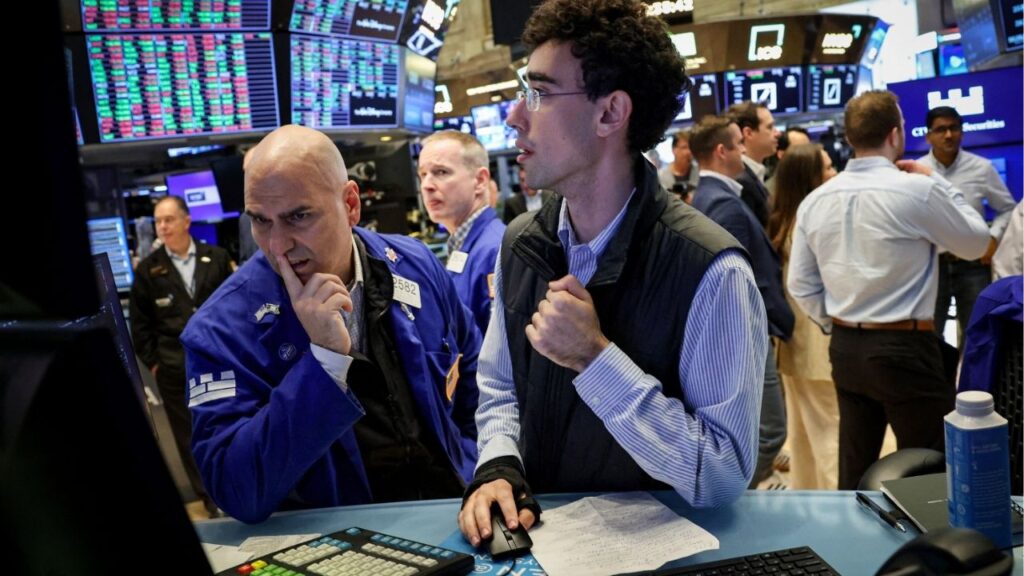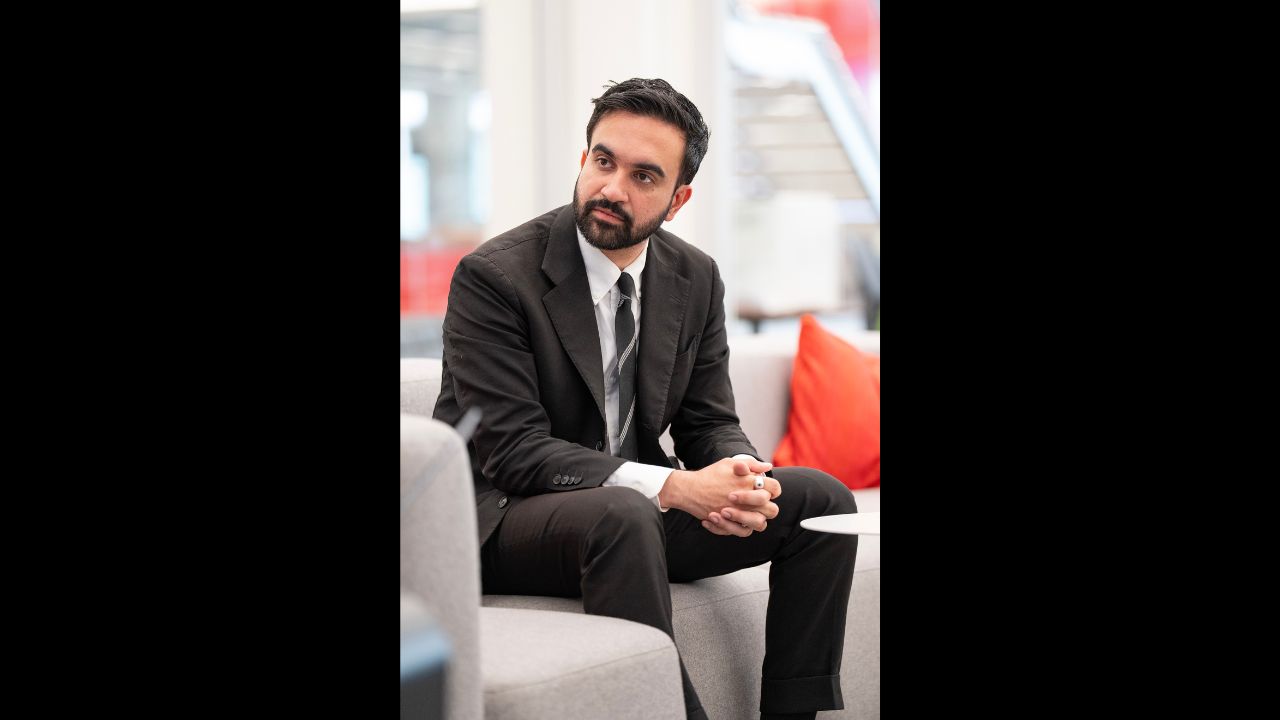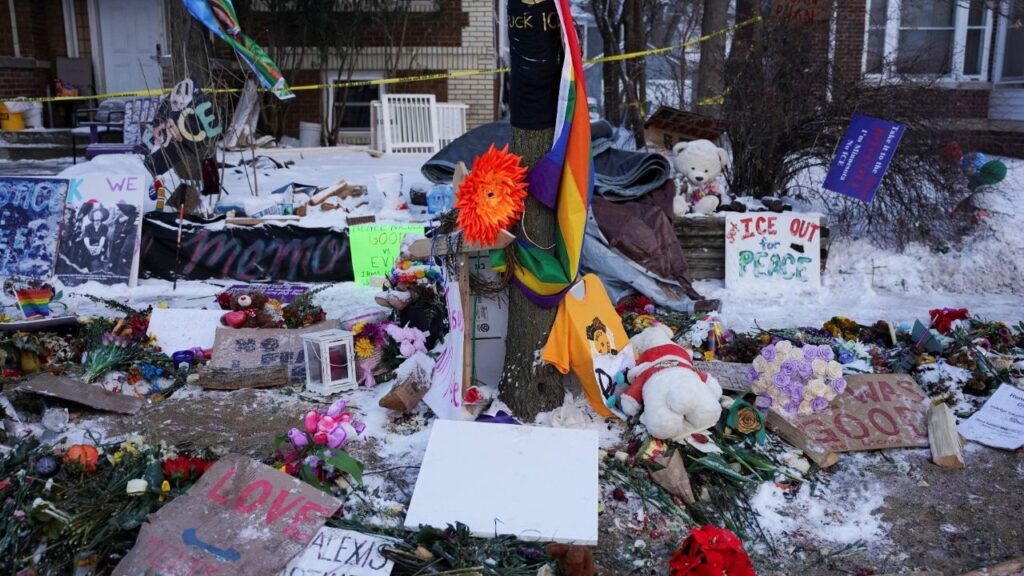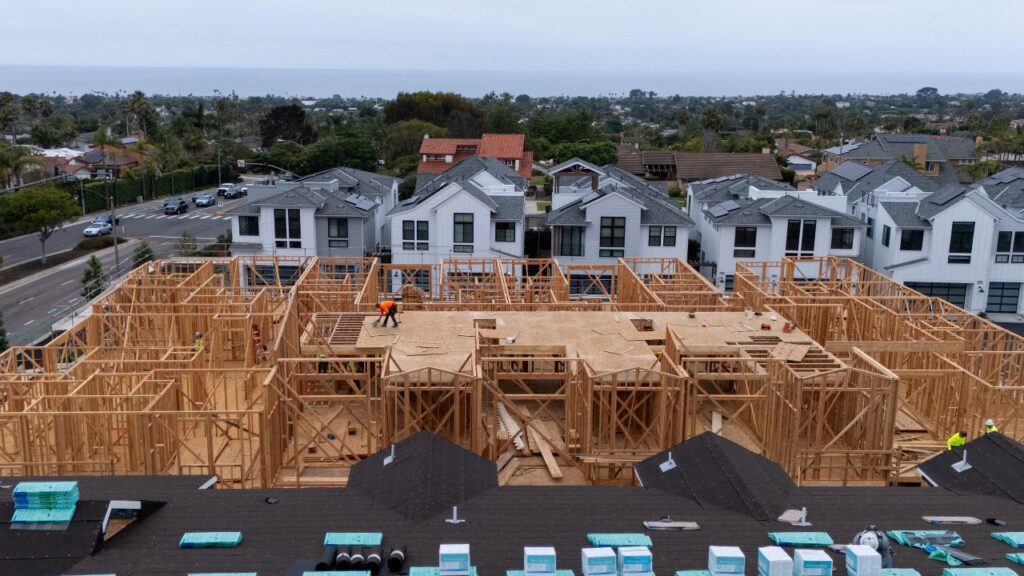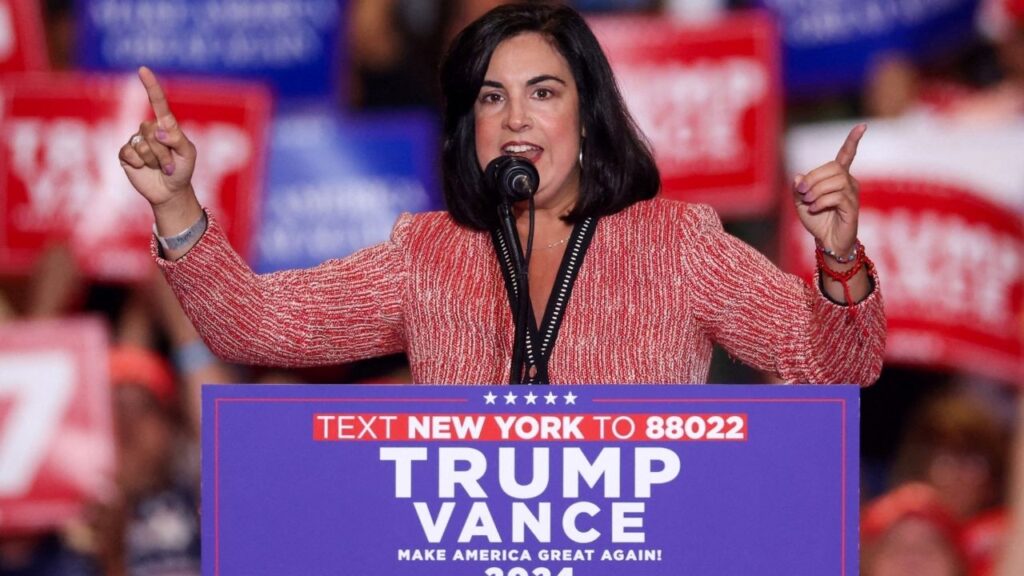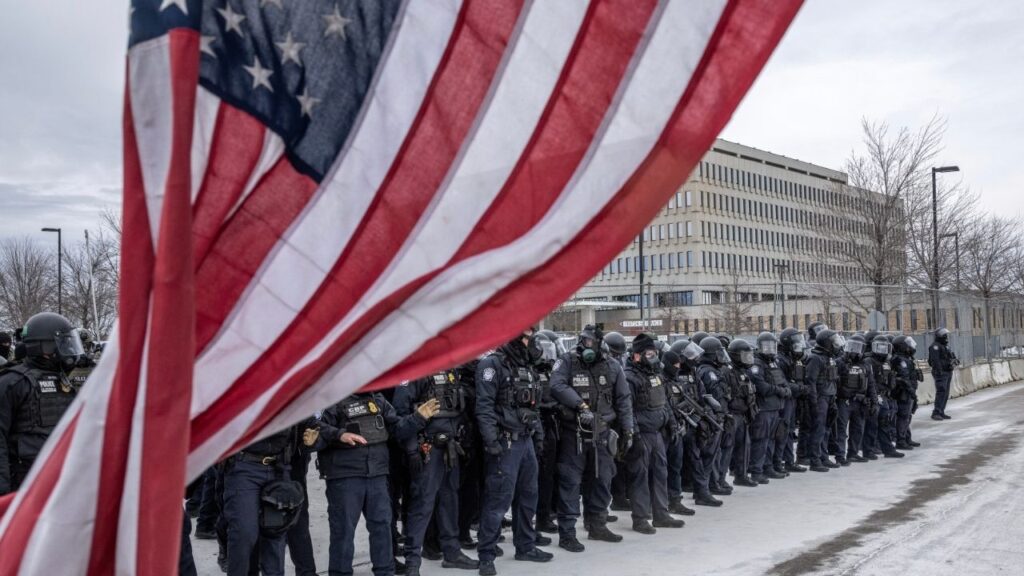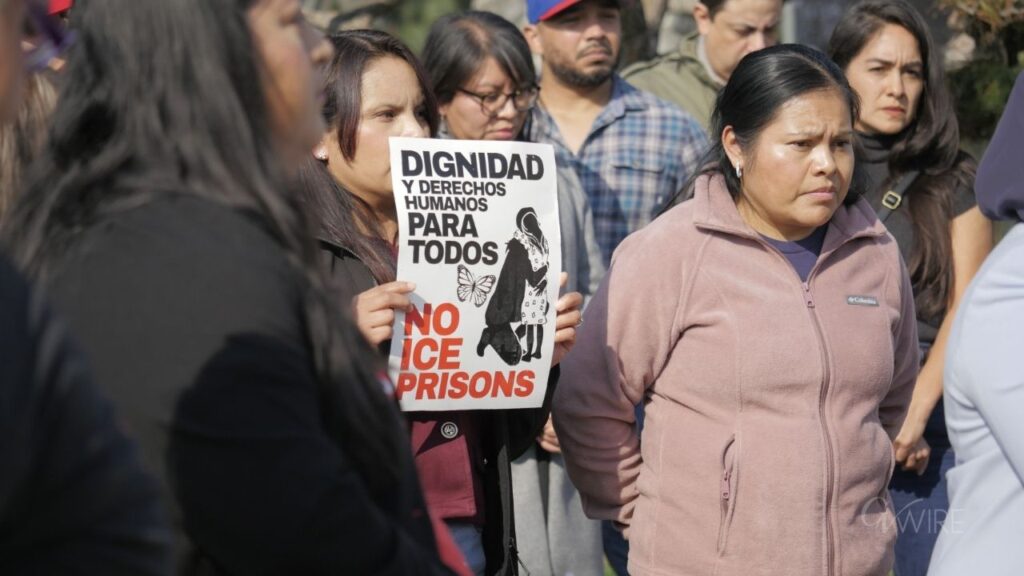Zohran Mamdani, the Democratic mayoral nominee for New York, in New York, Thursday, Sept. 11, 2025. Mamdani said that if elected, he would order the New York Police Department to arrest the prime minister of Israel if he sets foot in the city, offering new details on how he plans to carry out a campaign pledge. (Tony Cenicola/The New York Times)

- Zohran Mamdani vows to arrest Israeli Prime Minister Netanyahu in New York if elected, citing ICC warrant and alleged genocide.
- Legal experts call Mamdani’s pledge impossible and potentially illegal, warning federal conflict if NYPD attempts to execute ICC arrest warrants.
- Mamdani leads polls, emphasizing city action over federal inaction, comparing his stance to San Francisco’s 2004 same-sex marriage licenses.
Share
|
Getting your Trinity Audio player ready...
|
Zohran Mamdani, the Democratic nominee for mayor of New York City, said that if elected, he would order the New York Police Department to arrest the prime minister of Israel if he sets foot in the city, offering new details on how he plans to carry out a campaign pledge.
Mamdani said in an interview with The New York Times on Thursday that the prime minister, Benjamin Netanyahu, was a war criminal who was committing genocide in the Gaza Strip. If the Israeli leader were to come to New York, Mamdani said, he would honor a warrant issued by the International Criminal Court for Netanyahu’s arrest by having him apprehended at the airport.
Legal experts suggested that having Netanyahu arrested would be a practical impossibility, and some said it could violate federal law. Even so, Mamdani’s pledge will likely provoke strong reactions in New York, the second-largest home to Jews in the world.
Although New Yorkers now generally express support for Palestinians over Israel in its war with Hamas, Mamdani’s vow could still complicate his attempt to reassure a segment of Jewish leaders who had expressed concern about some of his stances, including his refusal to condemn the phrase “Globalize the intifada.” He has since said he would discourage the use of the phrase, even as he holds to his position that Israel’s leader is a war criminal.
Mamdani had said earlier in the mayor’s race that he would arrest Netanyahu. In the interview Thursday, he did not back down and offered new specifics, affirming that he would order the police to make the arrest upon Netanyahu’s arrival in the city.
“This is something that I intend to fulfill,” Mamdani said.
Mamdani Leads Polls
Mamdani, a state Assembly member who leads in the polls before the November election, said that state and local Democrats needed to show that they would take action where the federal government will not. He cited a decision made by Gavin Newsom, now the governor of California, in 2004, when, as mayor of San Francisco, he defied federal law and issued marriage licenses for same-sex couples.
“This is a moment where we cannot look to the federal government for leadership,” Mamdani said. “This is a moment when cities and states will have to demonstrate what it actually looks like to stand up for our own values, our own people.”
The United States is not a party to the International Criminal Court and does not recognize its authority. President Donald Trump moved to punish the court in February for issuing the warrant for Netanyahu’s arrest, arguing that it had “no jurisdiction over the United States or Israel.”
Netanyahu’s office did not respond to a request for comment, though he said in July that he was not worried about Mamdani’s threat. A spokesperson for the Consulate General of Israel in New York declined to comment.
Mamdani said he would also arrest Vladimir Putin, the president of Russia, for whom the International Criminal Court issued an arrest warrant in 2023.
“It is my desire to ensure that this be a city that stands up for international law,” he said.
Netanyahu Arrest Would Bring Mamdani Into Conflict With Feds
Experts said that any attempt to have the Police Department arrest Netanyahu or Putin under the claim of executing a warrant from the International Criminal Court would almost certainly bring Mamdani into conflict with the federal government.
Matthew C. Waxman, a professor at Columbia Law School, said that no such arrest had ever been made on U.S. soil.
“This isn’t even a close call,” Waxman said. “In my mind, this statement is more a political stunt than a serious law-enforcement policy.”
Mamdani has been a fierce critic of Israel, and his criticism has escalated during Israel’s war in Gaza, where more than 60,000 Palestinians have been killed, according to health officials there.
A recent survey by The New York Times and Siena University showed that New Yorkers supported Mamdani’s stance on Israel and on the war. And Mamdani held a slim lead with the poll’s small sample of Jewish likely voters, with about 30% support, closely followed by the current mayor, Eric Adams, and former Gov. Andrew Cuomo.
Cuomo, Mamdani’s main rival in the mayor’s race, is a strong supporter of Israel and volunteered to join Netanyahu’s legal defense team in November, shortly after the International Criminal Court issued its arrest warrant for Netanyahu.
Arrest Warrant Accuses Netanyahu of War Crimes, Crimes Against Humanity
The arrest warrant accused Netanyahu of war crimes and crimes against humanity in the Gaza Strip. The court said in a news release that there were reasonable grounds to believe that Netanyahu and another top Israeli official had “intentionally and knowingly deprived the civilian population in Gaza of objects indispensable to their survival, including food, water, and medicine.”
The court does not have a police force and relies on law enforcement from its member nations. Countries that ratified the statute that brought the court into existence are obligated to execute its arrest warrants.
But American presidents of both parties have balked at the possibility of the court exercising its authority on U.S. soil. They have argued explicitly that becoming a member nation might empower an international prosecutor to pursue American or Israeli leaders, Waxman said.
A 2002 federal law, the American Servicemembers Protection Act, explicitly barred state and local agencies from cooperating with the court, though an amendment to that law allows the United States to assist with bringing to justice foreign nationals accused of genocide, war crimes or crimes against humanity.
Beth Van Schaack, the U.S. ambassador-at-large for global criminal justice under President Joe Biden, said that an arrest could theoretically be possible under that provision. She noted that at least two individuals with active ICC warrants had been arrested after entering U.S. custody in the past, though neither arrest occurred in the United States.
But she said that it was not clear that the New York police would be empowered to make such an arrest. And another expert, Todd Buchwald, who held the same ambassadorship as Van Schaack under President Barack Obama and Trump, said the amendment would not allow for an arrest by state or local officials.
If the police were to arrest Netanyahu in New York, several experts said the action would need to be pursuant to a violation of state or city law, but it was not clear what the charges might be. And Buchwald added that even if the Israeli leader were charged with a crime, he was entitled to head of state immunity under one of several international laws that would protect Netanyahu.
It is also not clear if Police Department officials would accede to Mamdani’s request to arrest Netanyahu.
—
This article originally appeared in The New York Times.
By Emma G. Fitzsimmons and Jonah E. Bromwich/Tony Cenicola
c. 2025 The New York Times Company
RELATED TOPICS:
Categories
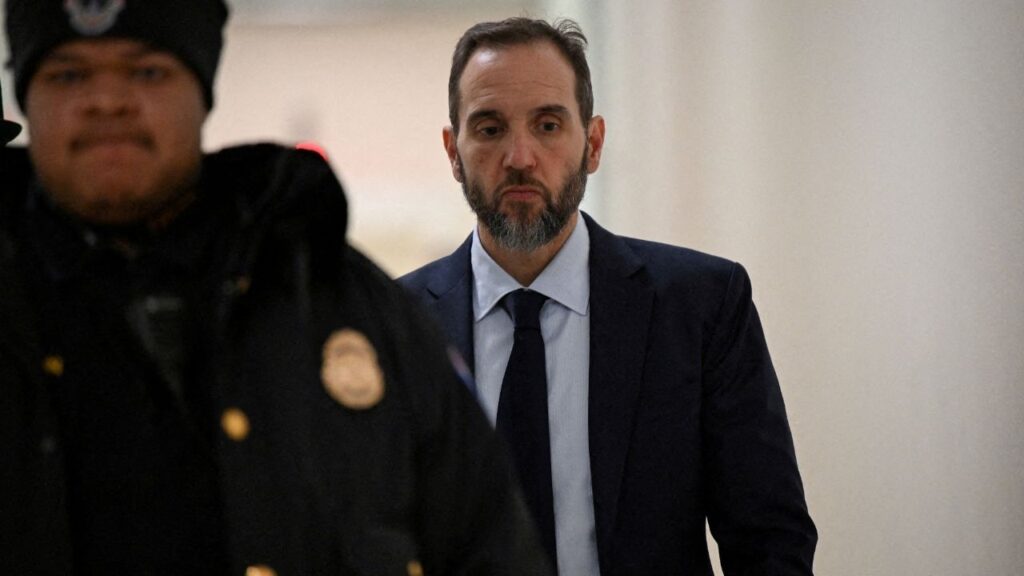
US Prosecutor Smith Tells Congress Trump ‘Willfully’ Broke Laws

US Consumer Spending Increases Solidly in October and November
